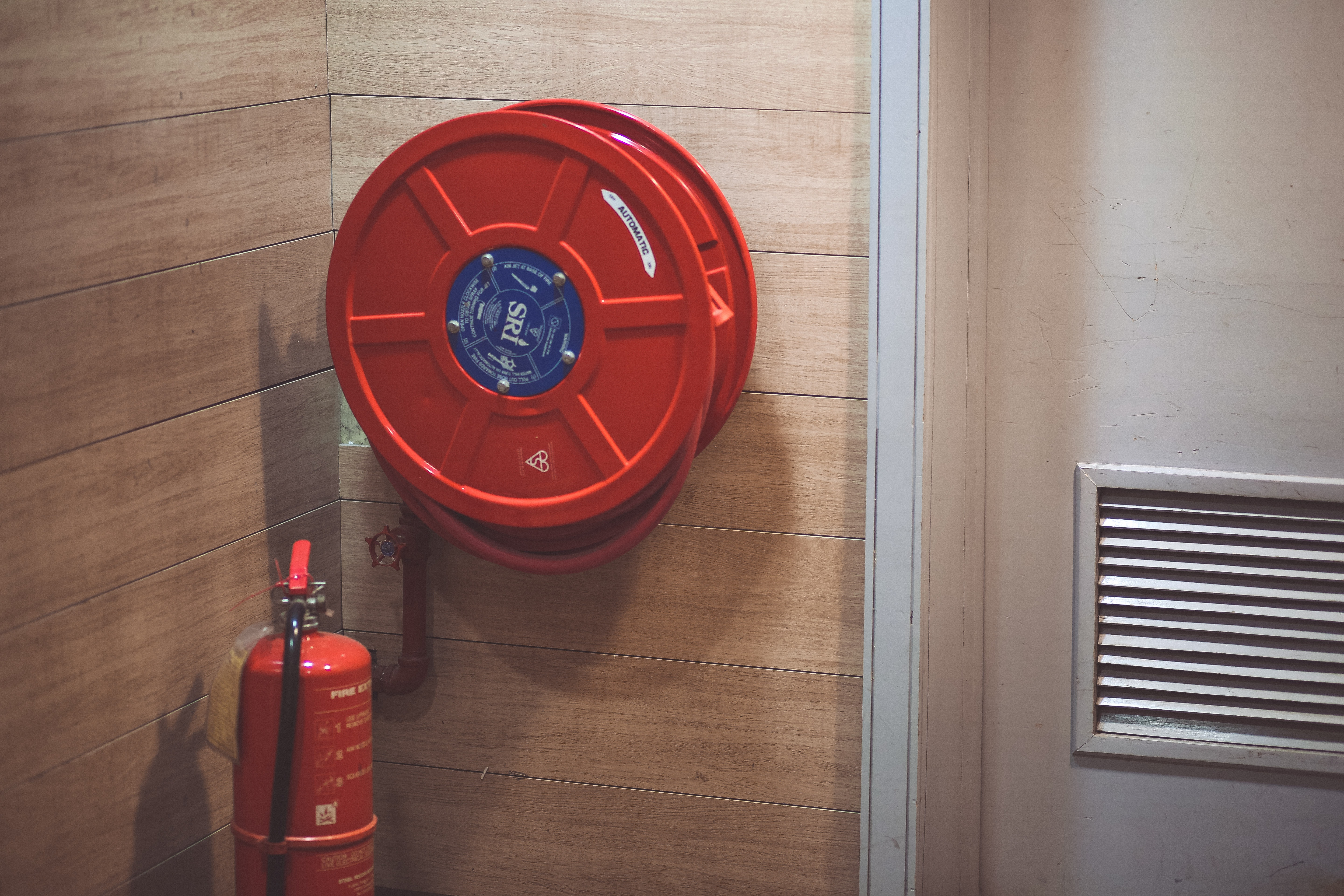According to some recent reports, new construction and buildings undergoing major renovations accounted for an estimated 6,300 fires between 2010 and 2014. This number underscores the need for building and business owners, contractors, facility managers, and inspecting authorities to become more aware of their local fire code requirements. These codes will cover issues that can arise during renovations and new construction, such as:
- Temporary construction use
- Equipment and storage spaces
- Proper disposal of combustible materials and waste
- Temporary heating and fuel storage
- Temporary wiring and lighting
- Site security and fire-fighting access
- First aid and fire-fighting equipment on-site
Why Are Different Fire Risks Present During a Renovation?
The fire hazards that can be found in buildings that are under construction or renovation will differ in many ways to those in buildings that are completed. Sprinklers, smoke detection and fire alarms often may be installed but won’t be operational until the project is completed, and this leaves the site vulnerable to loss by fire. There are often a number of combustible and ignition sources found on these sites that won’t be found in completed structures, such as debris, heating equipment, and hot work such as welding, soldering, and roofing, etc. – all the ingredients for a potential fire. Adhering to local fire codes will keep your risk to a minimum.
Obtaining the proper building permits before you begin your renovations can be done in a single step, or it may involve multiple steps, depending on the size of your project. The important thing is to make sure you have all permits in place; it can be a huge expense and headache to find that work has to be demolished and re-done because it does not adhere to codes. Many jurisdictions now offer online permitting services, which is a great convenience to the busy business person. Some of the types of permits that you can expect to be required to obtain might be:
- Plumbing
- Building
- Electrical
- Mechanical
All of these, with the exception of the building permit, will only be issued to licensed and bonded contractors.
A few tips:
- Educate yourself on your local permitting requirements
- Make sure your contractor provides you with copies of all permitting
- Post copies in full view for inspectors and other authorities to reference
Here at Ascension General Contractors, we are committed to completing your project in a timely and professional manner, and this includes obtaining all required permitting and ensuring that your project adheres to all local fire safety codes.

